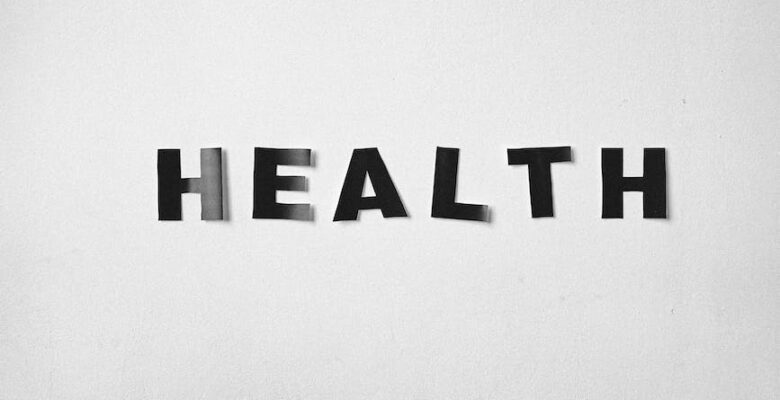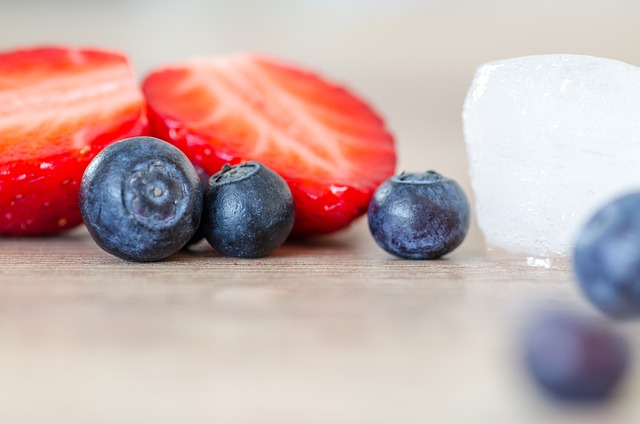You need to be aware of Prebiotics.
Click Here to Read Part 1 on Foods to Promote Healthier Gut
Once you’ve established good bacteria in your stomach, you must feed them so they can thrive and continue to produce beneficial bacteria.
“Prebiotics are fibers that feed the beneficial probiotics in your gut,” says Dianne Rishikof, M.S., RDN, LDN, IFNCP, president and CEO of Health Takes Guts, a nutrition counseling private business. “Ingredients to look for include galactooligosaccharides, fructooligosaccharides, oligofructose, chicory fiber, and inulin.” Prebiotic fibers such as fructans and cellulose are also present.
But don’t focus too much on the scientific names. In fact, most of these chemicals are not included on a label since they are found in foods that do not have labels, such as fruits and vegetables.
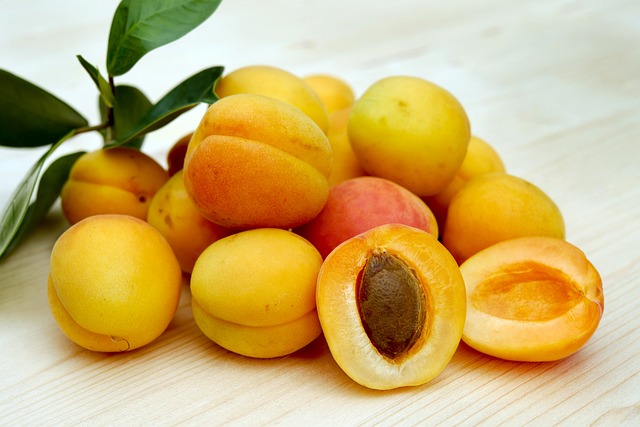
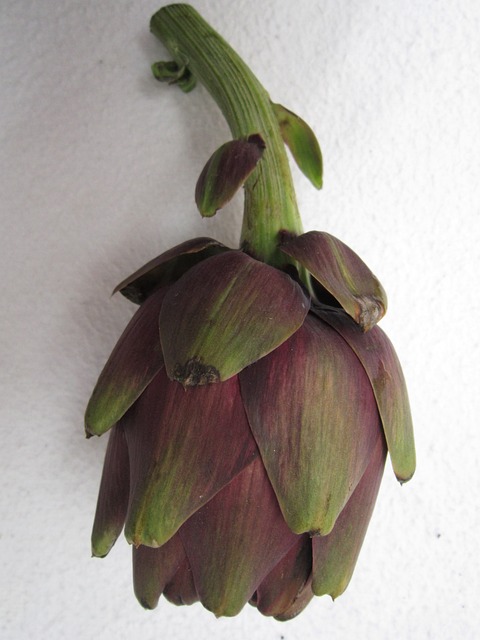
Concentrate on a range of whole foods. It’s all about variety. Getting a variety of plant-based foods as possible and consuming recommended fiber intake of 30 g per day is the key. Prebiotics are abundant in apricots, dried mango, leeks, almonds, artichokes, pistachios, and legumes, as well as polyphenol-rich foods like blueberries, strawberries, prunes, apples, flaxseed, olives, and extra-virgin olive oil, according to Rossi’s book, Love Your Gut.
Jerusalem Artichokes
Though popularly referred to as Jerusalem artichokes, this tuber is actually a member of the sunflower family rather than an artichoke. They resemble ginger root and are also called sunchoke, sunroot, or wild sunflower. According to the USDA, one cup of Jerusalem artichokes has 3 g of protein, 2.4 g of fiber, 25% DV for thiamin, and 28% DV for iron. According to a 2019 review of research published in the Annals of Agricultural and Environmental Medicine, inulin, a prebiotic fiber that supplies food for your gut organisms, accounts for 80% or more of the carbs in sunchokes. Thiamin (a B vitamin) promotes healthy hair, skin, and nails, while iron aids in the formation of red blood cells.
Sunchokes can be cooked with olive oil and garlic or eaten raw in salads (they have a similar texture to water chestnuts).
Leeks
Leeks are abundant in fructans, which are beneficial to the digestive system. According to the USDA, 1 cup of leeks contains 35% of the daily recommended intake of vitamin K and 12% of the daily value for vitamin C. Vitamin K aids in blood clotting, and vitamin C acts as an antioxidant.
Leeks may be used in nearly any dish—try them in an omelet or sauté them with roasted potatoes. Alternatively, brush whole leeks with oil and grill for a few minutes before tossing with your favorite vinaigrette. Try our Oven-Braised Leeks, which take only 15 minutes to prepare.
Onions
Onions include inulin, fructans, and fructooligosaccharides (FOS). FOS are not only Prebiotics that help build up gut flora, but they also help to improve a variety of conditions, including diarrhea, gastrointestinal disorder, osteoporosis, atherosclerosis, cardiovascular disease, and type 2 diabetes.
Onions are quite versatile: Add to soups or salads, grill and serve on top of turkey burgers, or roast with herbs as a side dish.
Strawberries
According to the USDA, 1 cup of raspberries contains 8 g of fiber, which is approximately one-third of your Daily Value (DV). Raspberries are high in polyphenols, which are powerful antioxidants that your gut microorganisms adore.
Polyphenols work as Prebiotics by promoting the growth of good bacteria while suppressing the growth of pathogens, according to a 2018 review published in the journal Neural Regeneration Research.
Raspberries are delightfully fresh, but they are also nutritious when purchased frozen and blended into a smoothie. Alternatively, mix them into yogurt, oatmeal, or high-fiber cereal.
Legumes and beans
Many people avoid beans because they are afraid of getting gas, although flatulence is actually a positive sign that your gut flora is working hard. Legumes and beans, chickpeas, black beans, peas, lentils, and white beans, are still intact when they reach the large intestine (colon). Gut bacteria feed on them at this location. This is known as fermentation.
And what is the byproduct? Gas. So, while it may be awkward, you may relax knowing that your bacteria are doing their job.
Canned beans are a favorite—choose three types, rinse, and combine for a simple bean salad or top tacos with black beans. Lentils are wonderful in soup—even dry lentils simmer for around 15-20 minutes, making them a quick and easy addition to your favorite stews and soups.
Asparagus
Because of its high fructan content (inulin and FOS), asparagus is a potent prebiotic for the gut, and it is also high in antioxidants, which assist in protecting the body from free radicals and other inflammatory components.
To make roasted asparagus, simply toss the spears with salt, olive oil, and pepper and roast at 400°F for 10 – 15 minutes. Alternatively, shave raw asparagus over a green salad. Asparagus is also tasty when mixed into pasta or an omelet.
Garlic
Garlic has anti-inflammatory properties and may help lessen the risk of heart disease. Garlic’s major fibers are inulin and fructooligosaccharides, a dynamic prebiotic pair. But garlic isn’t just for cooking.
Garlic has also demonstrated significant health effects in cancer, cardiovascular disease, metabolic disorders, blood pressure, and diabetes. Antioxidants, due to their antioxidant, anti-inflammatory, and lipid-lowering capabilities. Those little cloves provide a lot of health benefits!
If you don’t like peeling garlic cloves (or the stench it leaves on your hands), a nice garlic press is a must-have. You can put the whole clove in there without peeling it (please!). Garlic may be used to flavor nearly every food. Sauté it with onions before adding it to a stir-fry or spaghetti.
Bananas
According to a study, green bananas (the unripe ones) are excellent for the gut because they contain resistant starch, a form of indigestible fiber that produces more good bacteria when your microorganisms feed on it.
Resistant starch can also be formed by heating grains and then cooling them, a naturally occurring process known as retrogradation. So go ahead and cook a big batch of barley and brown rice for the week. Ripe bananas are also high in fiber, which helps you feel fuller for longer.
Consume bananas with peanut or almond butter for protein, healthy fat, and fiber. Use them as a topping on whole-wheat bread, overnight oats, Greek yogurt, or high-fiber cereal.
Pears
Pears are a prebiotic food for the intestines and contain pectin, a cholesterol-lowering molecule. According to the USDA, one medium pear contains only 100 calories but 5.5 g of fiber.
For a delightful snack, sprinkle cinnamon on fresh pear slices, bake a pear crisp, or put diced pear into oatmeal for additional cholesterol-lowering benefits, thanks to the fiber in oatmeal known as beta-glucan.
Watermelon
Watermelon has a lot of fructans by nature. According to the USDA, 1 cup of this delicious fruit has 14% DV of vitamin C, an antioxidant that fights inflammation, is a component of collagen, and improves iron absorption.
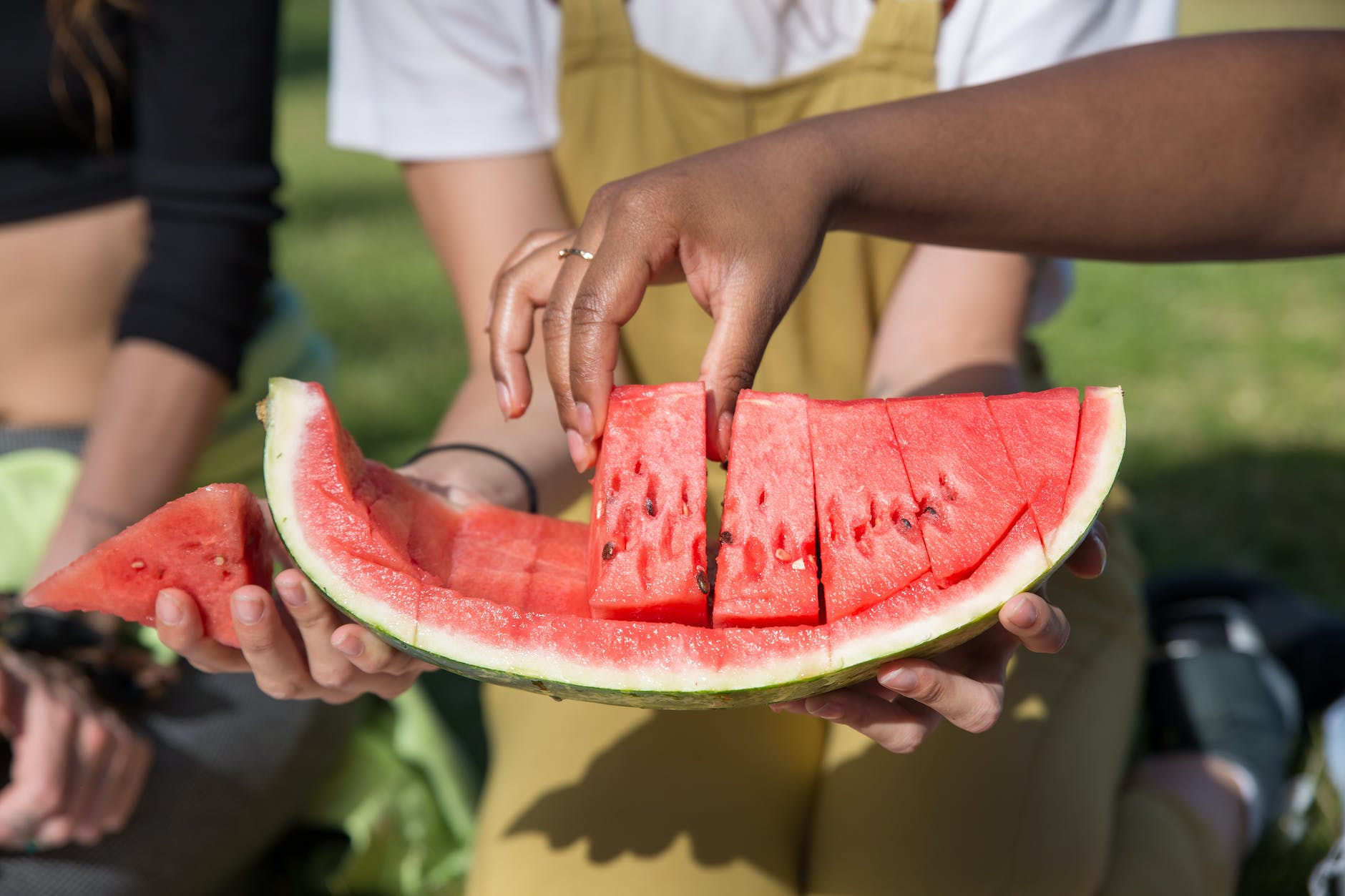
Watermelon is a summer classic that is delicious on its own. Does that bore you? Make a pleasant drink with it, like our Watermelon-Basil Agua Fresca, or combine it with feta and mint for a delightful salad.
Polyphenols
These are a type of plant chemical that gut microbes love. Berries, apples, artichokes, red onions, tea, dark chocolate, and other fruits and vegetables contain them.
According to a study, gut bacteria feed on polyphenols and create beneficial compounds, which in turn have a good effect on specific disorders such as cancer, diabetes, cardiovascular disease, and aging.
Worst Gut Health Foods
Synthetic Sweeteners
Artificial sweeteners have no calories and no sugar, such as aspartame, saccharin, and sucralose. Synthetic sweeteners move through the body without being digested, but they come into contact with the bacteria in the gut, negatively affecting their composition.
For the time being, look for aspartame, saccharin, and sucralose on the labels of processed goods and beverages, such as diet sodas and other zero-calorie beverages, as well as some yogurts, granola bars, and protein bars. These foods and beverages frequently contain added sugar and salt, so limiting them would be a healthy move. Try kombucha instead of soda for a fizzy beverage that contains bacteria that are excellent for your gut.
Red Meat
According to a 2022 study from the Cleveland Clinic and Tufts University, Red meat has a chemical called L-carnitine. This chemical interacts with gut bacteria to make trimethylamine-N-oxide, which causes plaque buildup in the arteries. This demonstrates that the association between red meat and heart disease is more than simply saturated fat and sodium: how gut bacteria interact with red meat may also play a role.
Consume red meat in moderation and instead choose fatty fish, white fish, chicken, or plant-based proteins like tofu and tempeh on a regular basis.
Processed and refined Foods
You shouldn’t eliminate certain foods from your diet forever—food is also about enjoyment, after all—limiting highly processed foods high in additives and salt will benefit you and your gut microbes. It’s difficult to analyze “processed foods” as a group because each product contains unique constituents, but the main problem with processed and refined foods is that they lack diversity and fiber and are frequently loaded with added sugars, salt, artificial sweeteners, and/or chemicals and preservatives. Your microbiota thrives on the various fibers and polyphenols found in colored fruits, vegetables, and whole grains.
alcohol
Alcoholism has a deleterious influence on the intestinal microbiome, according to a 2022 review published in Frontiers in Cellular and Infection Microbiology. While research on the effects of moderate alcohol use on gut flora is limited, one 2021 study published in Frontiers in Cardiovascular Medicine reveals that moderating alcohol consumption may be beneficial to both the gut microbiome and cardiovascular disease. If you enjoy drinking, keep it to 2 drinks per day for men and 1 per day for women.
In conclusion
All of this boils down to eating plenty of fruits, veggies, seeds, nuts, and whole grains for Prebiotics and fermented foods like yogurt and kombucha for probiotics.
If you do not regularly consume these items, including them all at once may result in gas and bloating. Begin with modest doses and gradually increase the amount once a week, deciding how much to add based on how you feel.
To keep your gut bugs happy and your risk of chronic diseases low, eat processed meals in moderation and restrict added sugars, salt, artificial sweeteners, and alcohol.
